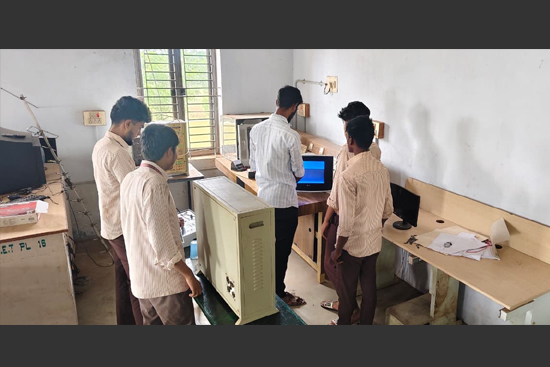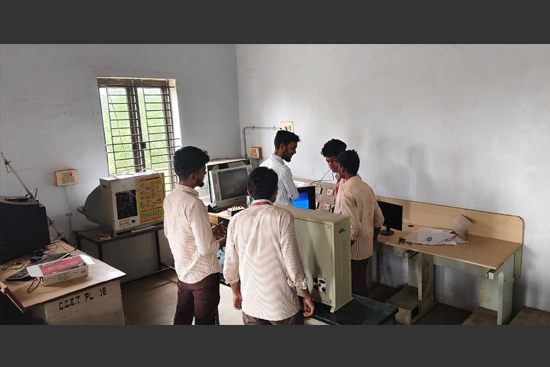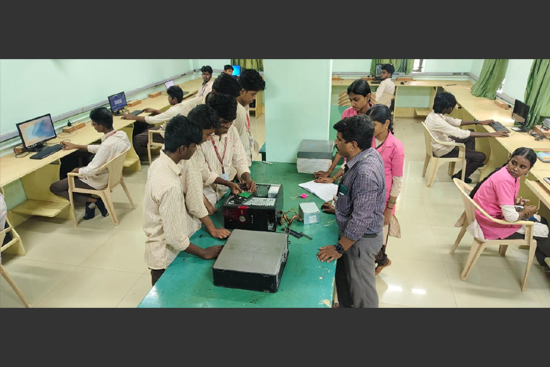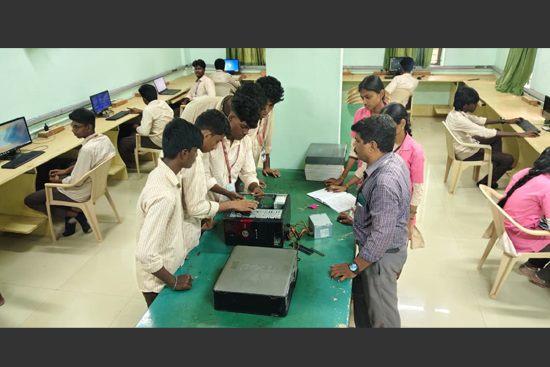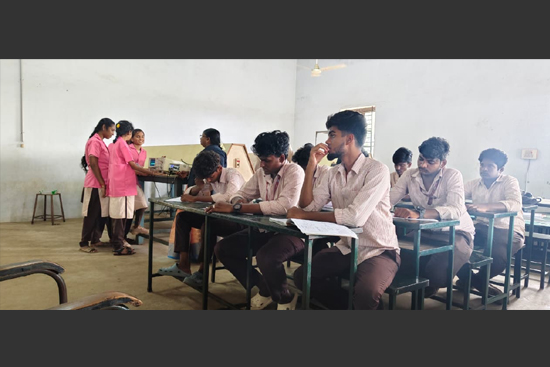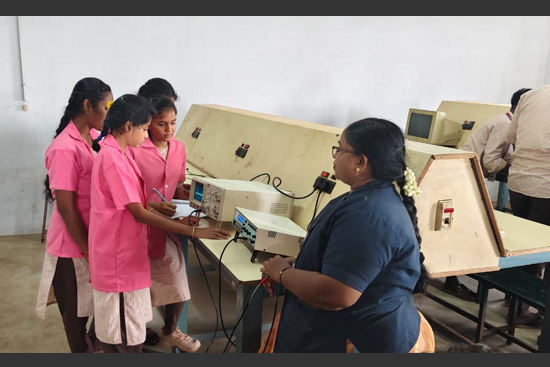Department of Electronics and Communication Engineering
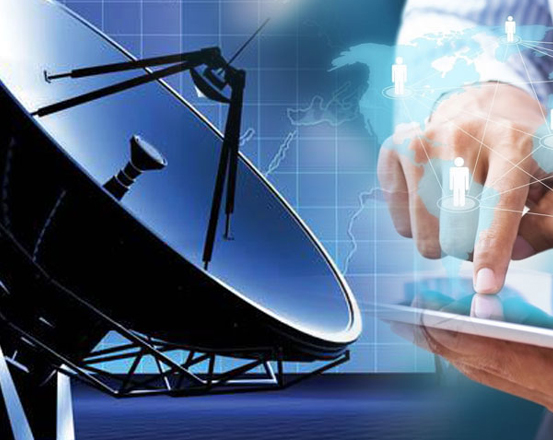
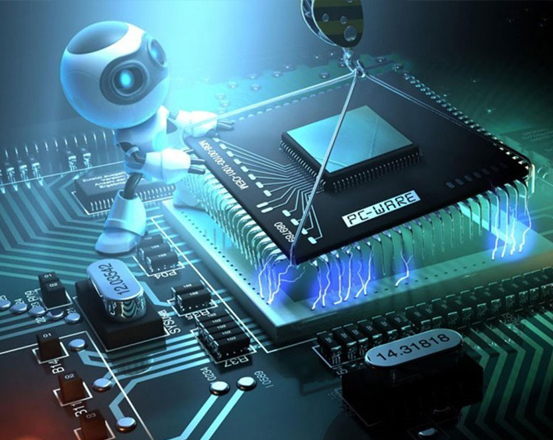
Introduction
Established in 1994, the Department of Electronics and Communication Engineering at M.I.E.T. Polytechnic College is dedicated to nurturing innovation, technical excellence, and future-ready talent in the rapidly evolving world of electronics, communication systems, and embedded technologies.
Designed in accordance with the DOTE curriculum, the department combines solid theoretical foundations with intensive practical training. The focus is on preparing students to become professionals capable of contributing to industries such as telecommunications, IoT, VLSI design, embedded systems, and digital electronics.
Diploma in Electronics and Communication Engineering – Course Overview
This three-year (six-semester) diploma program equips students with a deep understanding of electronic devices, circuits, communication systems, and digital technologies. It also integrates hands-on skills through labs, projects, and exposure to simulation tools.
Key Areas of Study
- Analog & Digital Electronics
- Communication Systems (Analog, Digital, Wireless)
- VLSI Design & Embedded Systems
- Microcontrollers & PLCs
- PCB Design and Fabrication
- Networking & IoT
- Signal Processing and Sensors
Software & Tools Proficiency
- MATLAB – For signal processing and system modeling
- Multisim & Proteus – Circuit simulation and testing
- Keil Software – Embedded C programming for 8051 microcontrollers
- Xilinx – VHDL programming and VLSI design
- Wireshark / Packet Tracer – For basic networking and communication protocols
Curriculum Highlights
- Electronics Core Subjects – Semiconductor devices, circuit theory, communication technologies, and VLSI basics.
- Embedded Systems & IoT – Programming microcontrollers, interfacing sensors, and controlling real-world devices.
- Communication Technologies – From wired transmission to wireless mobile and satellite communication systems.
- Lab-Integrated Learning – Real-time circuit building, PCB fabrication, and debugging techniques.
- Projects & Internships – Problem-solving in areas such as home automation, robotics, and smart systems.
Department Goals
- To introduce students to next-gen technologies such as AI in electronics, 5G networks, and IoT.
- To collaborate with industries and R\&D institutions for training, internships, and placements.
- To encourage technical paper writing, participation in tech events, and patentable innovation.
- To build entrepreneurial capabilities through real-world product design projects.
Department Mission
- To provide a transformative education in electronics and communication, integrating theory with hands-on technology.
- To develop competent professionals with strong ethical values and global relevance.
- To foster innovation, critical thinking, and adaptability in fast-paced tech sectors.
Laboratories & Facilities
The department offers advanced laboratories to support practice-based learning:
Communication Engineering Lab
AM/FM transmission, modulation, and wireless setups.
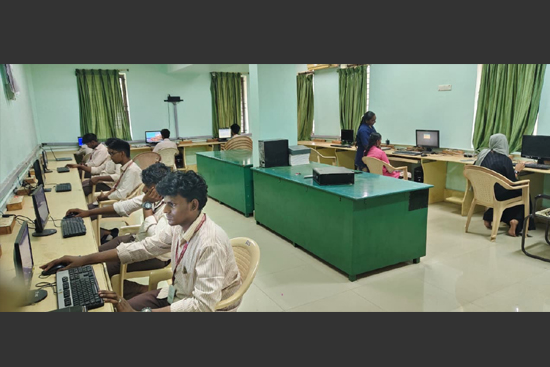
VLSI Design Lab
VHDL simulations using Xilinx tools and FPGA concepts.
Computer Hardware & Networking Lab
Assembling, troubleshooting, and basic IP configuration.
Electronics Devices & Circuits Lab
Diode, transistor, amplifier circuits, and oscillators.
- Digital Electronics Lab – Logic gates, counters, multiplexers, and combinational systems.
- Embedded Systems Lab – Programming with 8051, Arduino, and interfacing modules.
- PCB Design & Fabrication Lab – Circuit designing, etching, and component soldering.
- IoT & Automation Lab – Wireless sensor networks, home automation, and cloud connectivity.
Career Opportunities
Core Electronics & Embedded Roles
- Embedded Systems Developer
- Electronics Circuit Designer
- PCB Layout Engineer
- VLSI & FPGA Developer
- R\&D Assistant in Electronics
Telecommunication Sector
- Network Engineer
- Field Test Engineer
- Signal Processing Technician
- Mobile Hardware Servicing Expert
IT and Software-Integrated Roles
- IoT Developer
- Automation Control Programmer
- Tech Support Analyst
- Device Integration Specialist
Government Opportunities
- DRDO, ISRO, BSNL, BEL
- Indian Railways Signal Department
- Defense Services (Communication Engineering)
Higher Education & Certifications
- Lateral entry into B.E./B.Tech in ECE
- Certifications in Embedded C, MATLAB, VLSI, IoT, or AI Integration
Entrepreneurship
- Startups in consumer electronics, IoT devices, automation tools, or electronic servicing
- Custom electronics solution providers for industries and homes
Emerging Fields
- Internet of Things (IoT)
- Wireless Communication & 5G
- Artificial Intelligence in Electronics
- Renewable Energy and Power Electronics
- Smart Wearables & Biomedical Devices
Conclusion
The Department of Electronics and Communication Engineering at M.I.E.T. Polytechnic College offers a progressive academic environment that empowers students to master both the core and cutting-edge areas of electronics. With rigorous training, innovative projects, and industry-aligned curriculum, the department ensures its graduates are equipped to lead, innovate, and excel in the ever-expanding world of technology.
Faculty List
| S.NO | NAME | DESIGNATION | QUALIFICATION | EXPERIENCE | STAFF PHOTO |
| 1 | S.MANICKAPRABHU | HOD | ME | 25 YEARS | 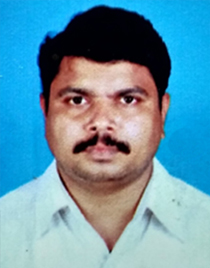 |
| 2 | C.RAJASULOCHANA | LECTURER | M .TECH | 19 YEARS | 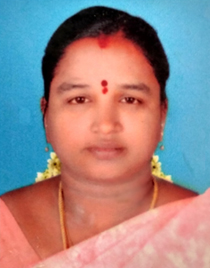 |
| 3 | B.REVATHI BALASATHIYAVATHY | LECTURER | BE | 2 YEARS | 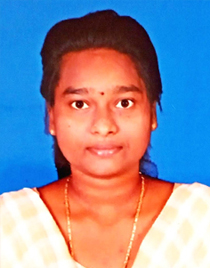 |
| 4 | L.SULTHAN KHAN | INSTRUCTOR | DECE | 1 YEAR | |
| 5 | P.KAVITHA | INSTRUCTOR | BE | 2 MONTHS |
Contact Us

S.MANICKAPRABHU ME
HOD
S.MANICKAPRABHU ME
HOD

